
Cover Band Job Description
What is a Cover Band Professional?
A cover band is a live music group that plays popular songs by well-known artists. Cover bands typically perform in bars and clubs, and at corporate events and private parties. Many cover bands are made up of professional musicians who have extensive experience playing in various genres of music. Cover bands typically play a mix of rock, pop, country, and R&B hits from the 60s to present day. The set lists for cover bands are usually based on requests from the audience or the venue manager. Often times, cover bands will learn new songs specifically for a gig. The members of a typical cover band usually include a lead singer, bass player, drummer, keyboardist/pianist, and one or two guitarists.
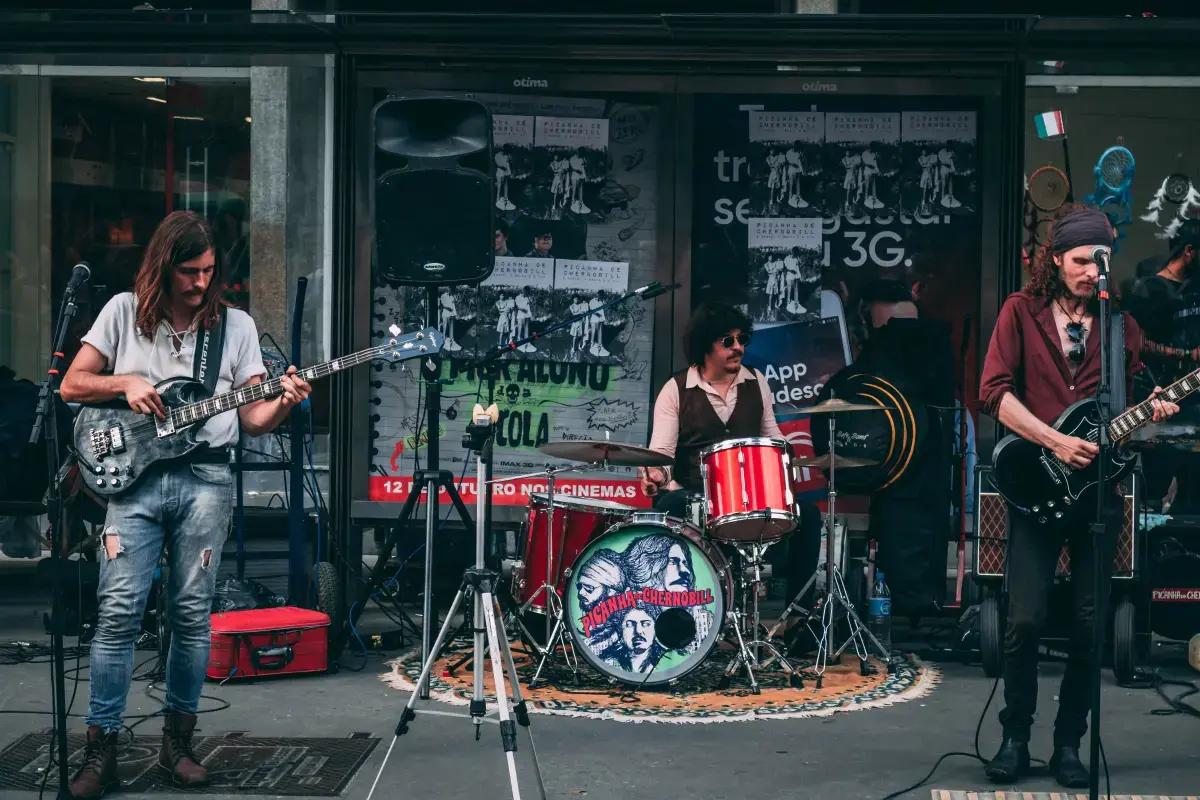
What does a Cover Band Expert do?
In some cases, a DJ may be used instead of live instruments to provide music for dancing. A good cover band will have excellent stage presence and interact with the crowd to get them involved in the show. A great cover band will make every effort to sound like the original artist when possible. This includes using similar instrumentation and effects pedals, as well as matching vocal phrasing and melodies.
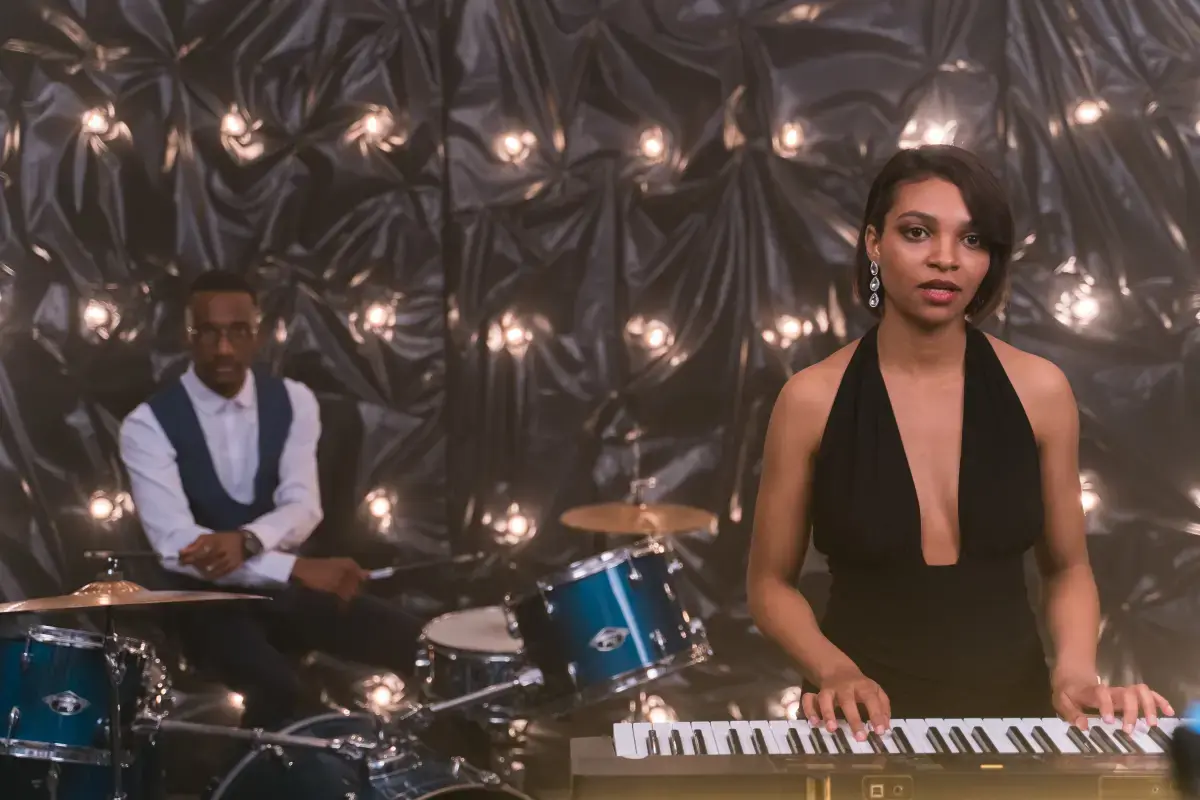
What are the Skills of a Cover Band?
A great cover band will have a few things going for it. First and foremost, its members need to be talented musicians. They need to be able to play their instruments well and sing (if the band has vocalists). They should also be able to harmonize with each other and create interesting arrangements of songs.
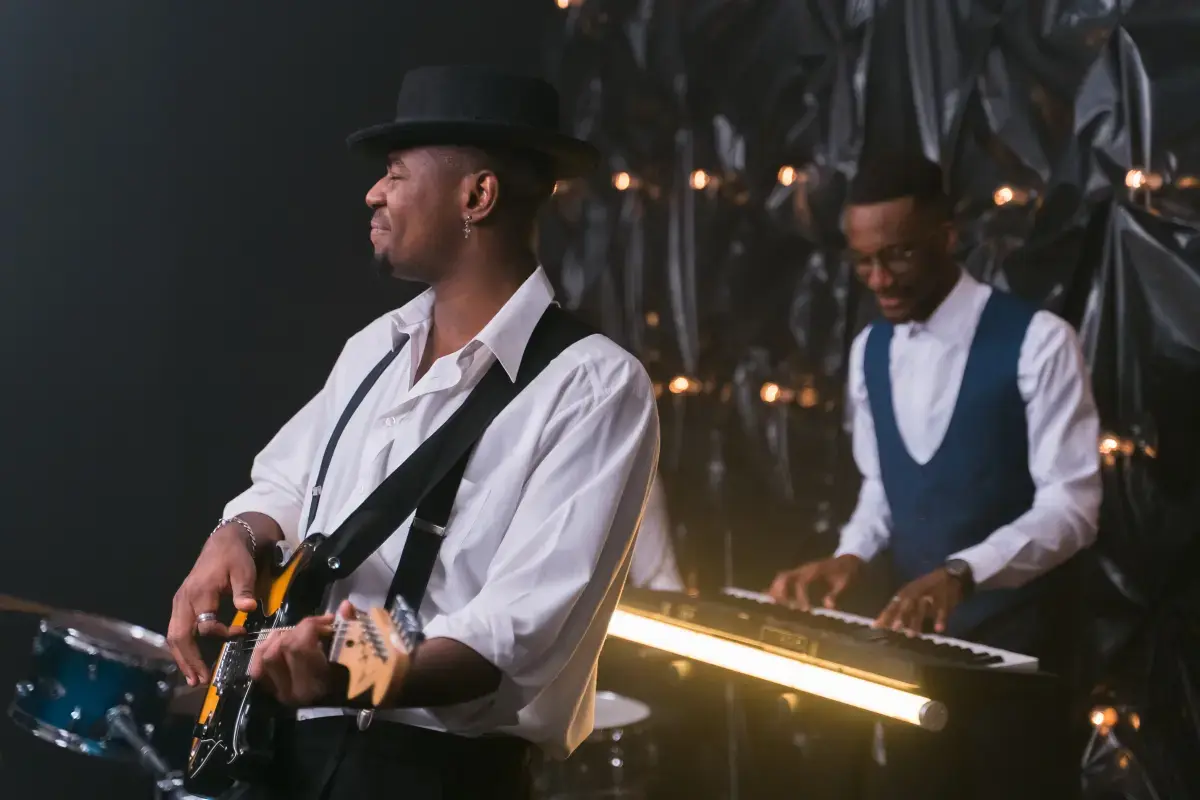
What makes an Expert Cover Band?
Another important quality for a successful cover band is stage presence. The band should look like theyre enjoying themselves on stage and should get the audience involved in the show. They should also be able to play tight, meaning that they sound good together and are in sync with each other. Finally, a good cover band will have a repertoire of popular songs that people want to hear.
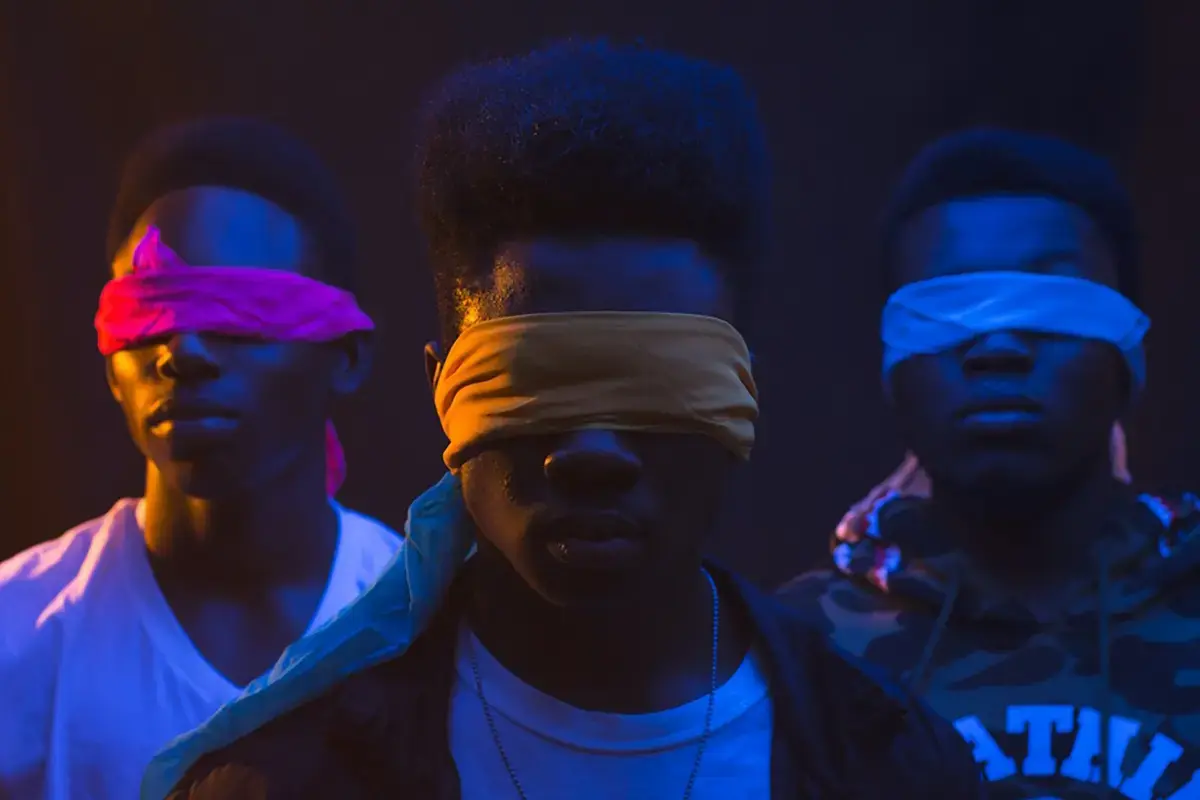
What level of Experience & Qualifications are required to be a Cover Band?
Industry Experience: 1. At least 5 years of live performance experience in cover band setting. 2. Proven ability to engage with audiences and build a fan base for the group or solo act. 3. Extensive knowledge of various genres, including classic rock, blues, jazz, pop, country, etc., as well as current top 40 hits and alternative music styles. 4. Proficient at reading crowd reactions and adapting set list accordingly to create an entertaining atmosphere for all age groups and musical tastes. 5. Ability to work with promoters and bookers to secure gigs in different locations across the country (or world). Training/Qualifications: 1. Comprehensive understanding of both acoustic instruments (guitar, drums, bass) as well as electronic equipment such as PA systems and mixers used in concerts/live performances settings.. 2. Knowledgeable on sound reinforcement techniques that ensure quality audio reproduction during shows; this includes mic placement strategies for vocals/instruments along with EQing skills necessary when mixing multiple sources together onstage or offstage through a mixer board/console setup.. 3. Proficient in basic songwriting principles such as chord progressions & harmony structures that are essential when learning songs from other artists quickly & accurately while replicating them faithfully during performances without straying too far away from original versions.. 4 .Familiarity with popular recording software programs like Pro Tools & Logic Pro X which can help save time when it comes to preparing tracks for rehearsals or even creating custom backing tracks prior to showtime if needed by the group’s repertoire needs.. Education: 1 .Bachelor’s degree in Music Performance or related field preferred but not required depending on amount of relevant experience gained over years spent performing professionally within industry circles instead.... 2 .High school diploma is typically considered minimum requirement before applying any type of professional role within entertainment sector though additional college coursework may be beneficial depending upon individuals specific goals they hope achieve while working towards becoming full-fledged expert cover band musician...
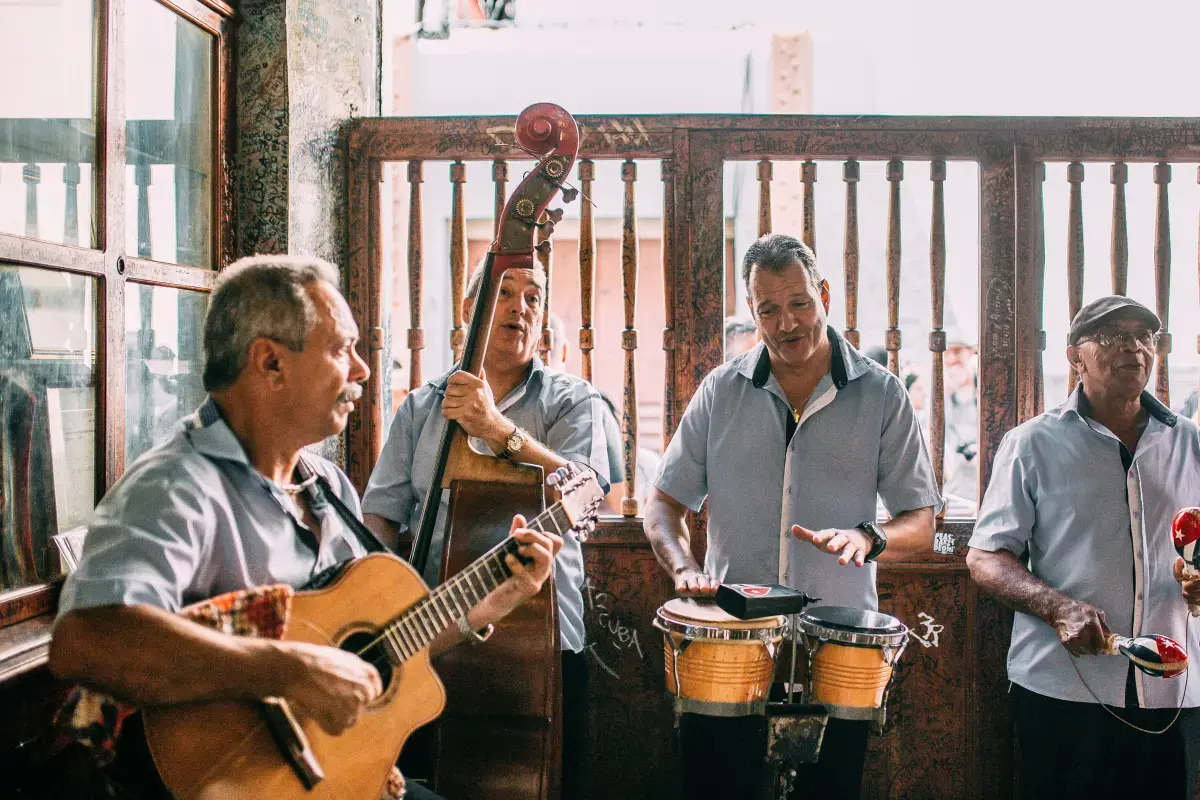
What is the Salary of a Cover Band?
The salary expectations of a cover band can vary greatly depending on their experience level and the size of their gigs. For junior bands, salaries may start as low as $100 to $150 per gig and increase with more experience and larger gigs. For example, popular local acts might get up to $500 or more for a single show while touring artists could make thousands of dollars per performance. Additionally, some venues may offer bonuses such as travel expenses or accommodations if the band is playing an out-of-town show. At the senior level, experienced cover bands who have been in the business for many years can command higher fees than those just starting out. Fees can range from several hundred to several thousand dollars per performance depending on how well known they are in the area, what type of venue they’re playing at (e.g., bar versus theater), and other factors like whether they provide additional services like sound equipment rentals or prerecorded backing tracks for singers or dancers. These bands may also receive royalties from song covers that are played regularly over radio stations or streamed online platforms such as Spotify, Apple Music, etc., which can add further revenue streams beyond live performances alone.
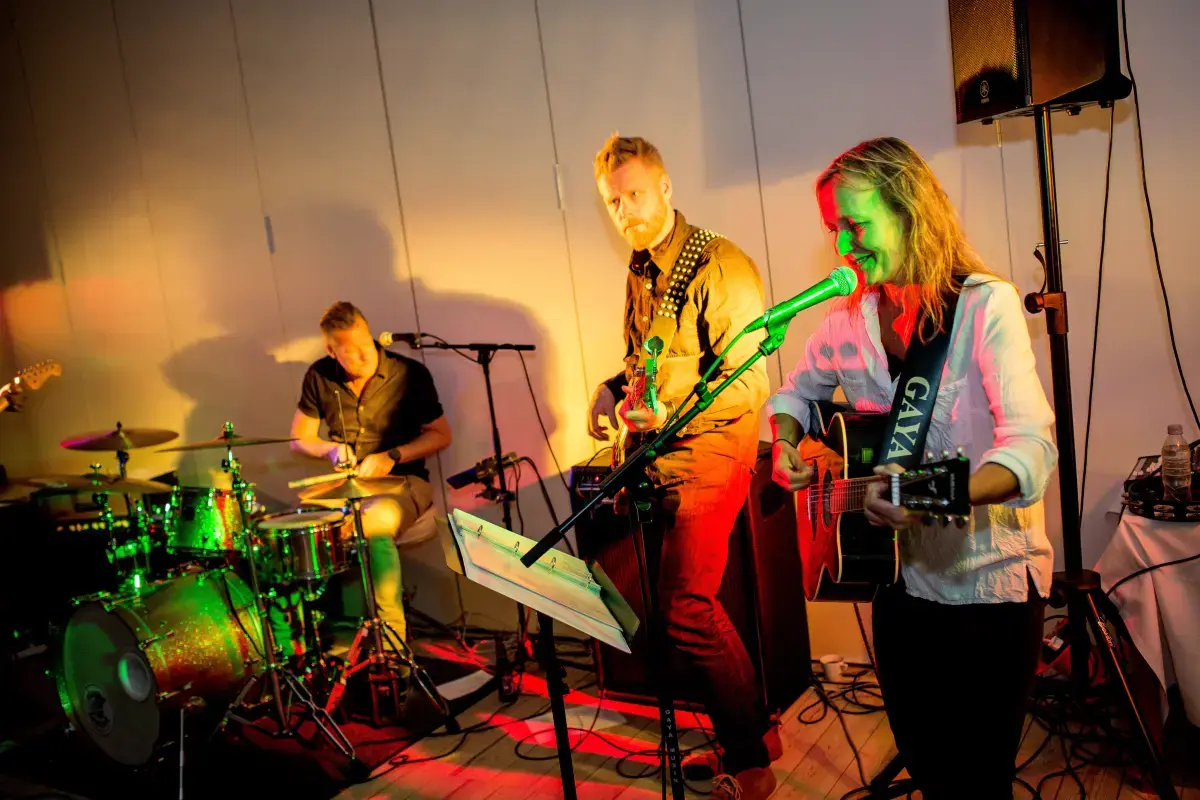
What are the Working Conditions for a Cover Band?
The general working conditions for a cover band will vary depending on the venue, size of the audience and other factors. Generally speaking, cover bands can expect to work in a variety of locations including bars, clubs, outdoor festivals and even private events. They typically play either two or three sets of 45-60 minutes each with short breaks between them. Depending on the arrangement with their booking agent or venue they could also be asked to perform additional sets if needed. Cover bands are usually expected to provide their own equipment (PA system/amplification). They should come prepared with all necessary cords and cables as well as any extra instrumentation that may be required for certain songs such as percussion instruments like congas or bongos etc. They should also have a set list ready ahead of time which includes only covers – no original material is allowed at most venues unless agreed upon beforehand. Set lists must include popular songs from various decades so that there is something for everyone in attendance to enjoy (e.g., classic rock hits from the 60s through today’s music). Additionally, they are usually encouraged by venues to take requests if possible within reason so that they can keep audiences engaged throughout the show(s). In terms of payment structure this varies based on negotiation with the particular venue but generally speaking it’s common practice for cover bands to receive an upfront fee plus performance-based compensation when applicable (i.e., sales generated during their performances). This could include merchandise sales, drinks/concessions sold during breaks etc.).
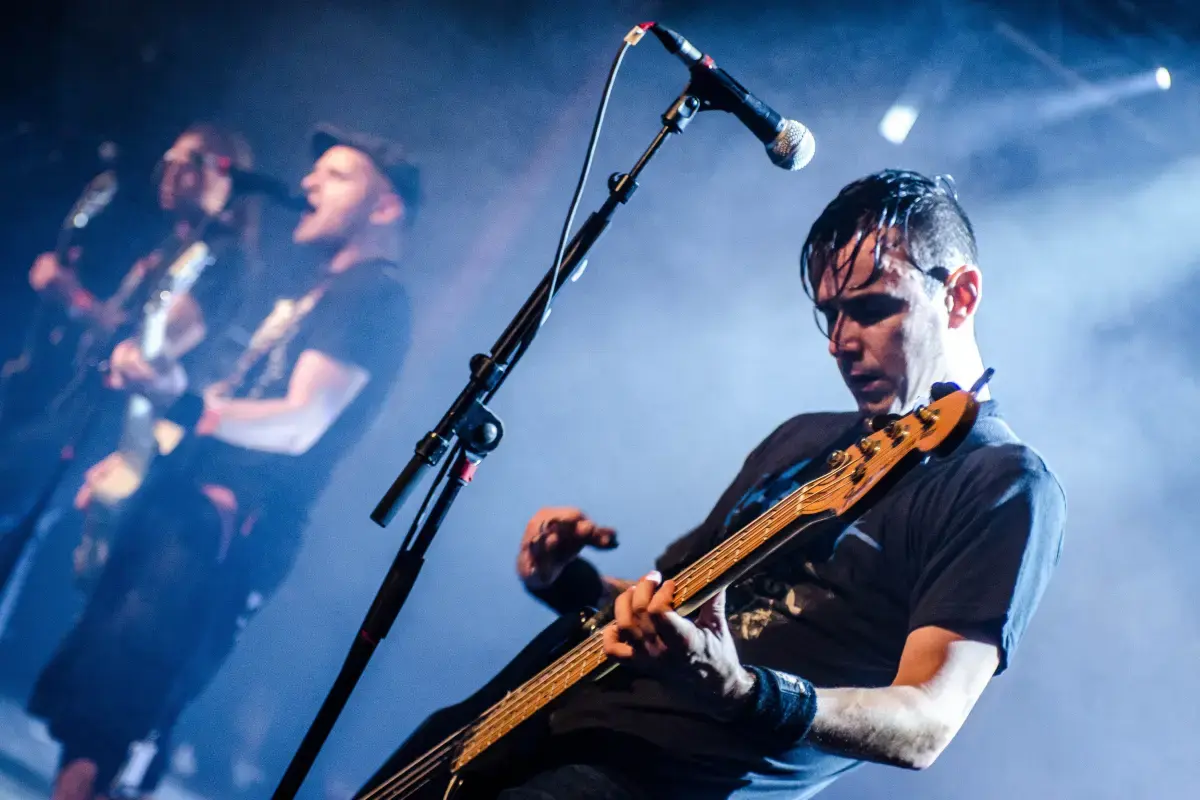
What are the roles and responsibilities of a Cover Band?
To learn and perform the original artists songs as closely to the original recording as possible
To engage with the audience and get them dancing and singing along
To create a fun and entertaining show
To play a mix of music that appeals to a wide range of people
To interact with patrons at venues where they are performing
To promote their shows and sell merchandise
To load in and set up their equipment before each performance
To sound check their instruments and make sure everything is working properly before the show starts
To take song requests from the audience members
…and play those songs as accurately to the originals as possible
…within the bands’ chosen genre(s) of music
To have a repertoire of ‘cover’ songs which are popular within the band’s chosen genre(s) so that they can take requests from the audience
To read and react to crowd energy and adjust setlist/song choice accordingly
To setup and break down equipment before and after performances
responsible for their own transportation to and from gigs
typically provide their own instruments and sound equipment, although some venues may have in-house gear that the band can use
work with the venue staff to ensure that all necessary microphones, stands, etc. are set up before their performance start time
be punctual for scheduled soundchecks & performances
be professional & courteous to venue staff, other bands, and most importantly – the audience!
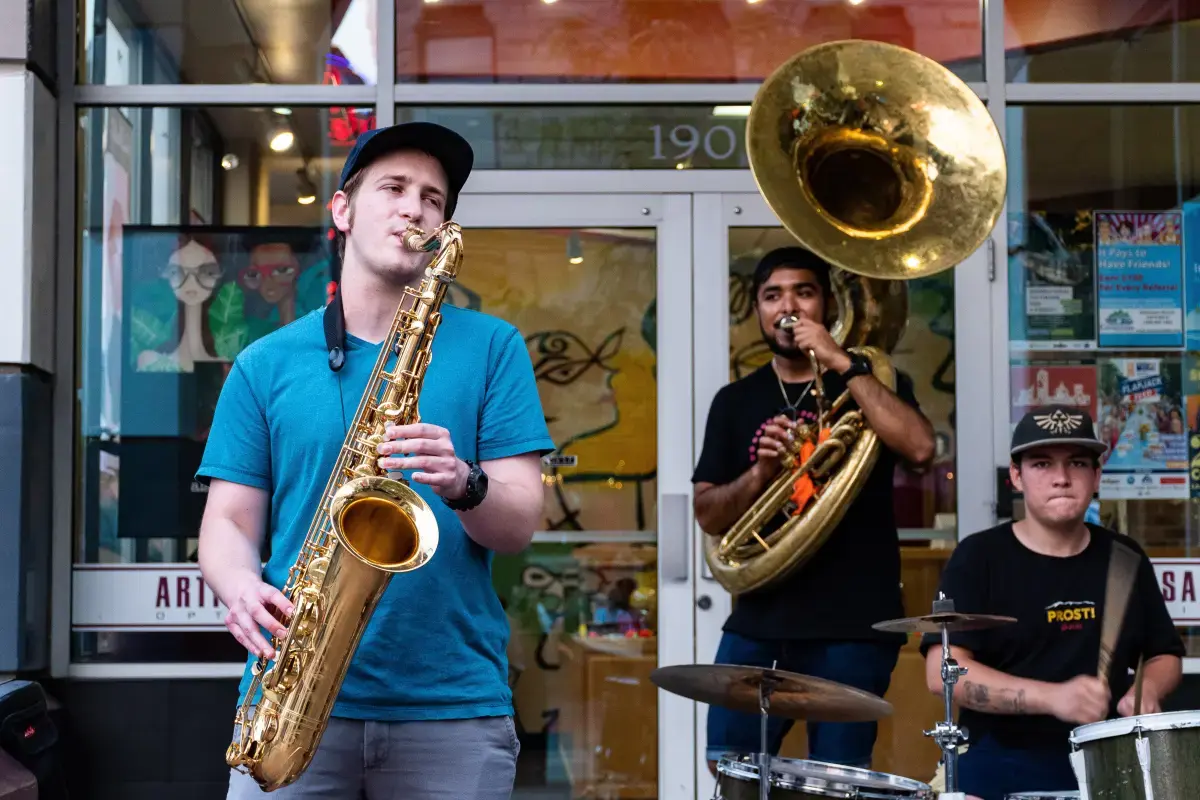
Where can I find Cover Band jobs?
- Create a profile on gigexchange and promote your Cover Band skills to advertise you are Open to New Work Opportunities
- Ensure your Resume (or CV), or online work profile is up to date and represents your skills and experience. Ensure your reputation reflects your ability & attitude.
- Apply for Cover Band Jobs advertised on gigexchange.
- Practise Cover Band interview techniques to ensure you represent your personality and ability succinctly and confidently.
- Accept the job offer if the salary meets your expectations and the employer mission and purpose reflects your core values.
Jobs
What are the best job boards for Live Band jobs?

How can I hire Cover Band staff online for my business?
The best job board for recruiting Cover Band experts is gigexchange.com. Advertise full-time, part-time or contract jobs to find, hire & recruit trusted, experienced and talented Cover Band candidates near you.
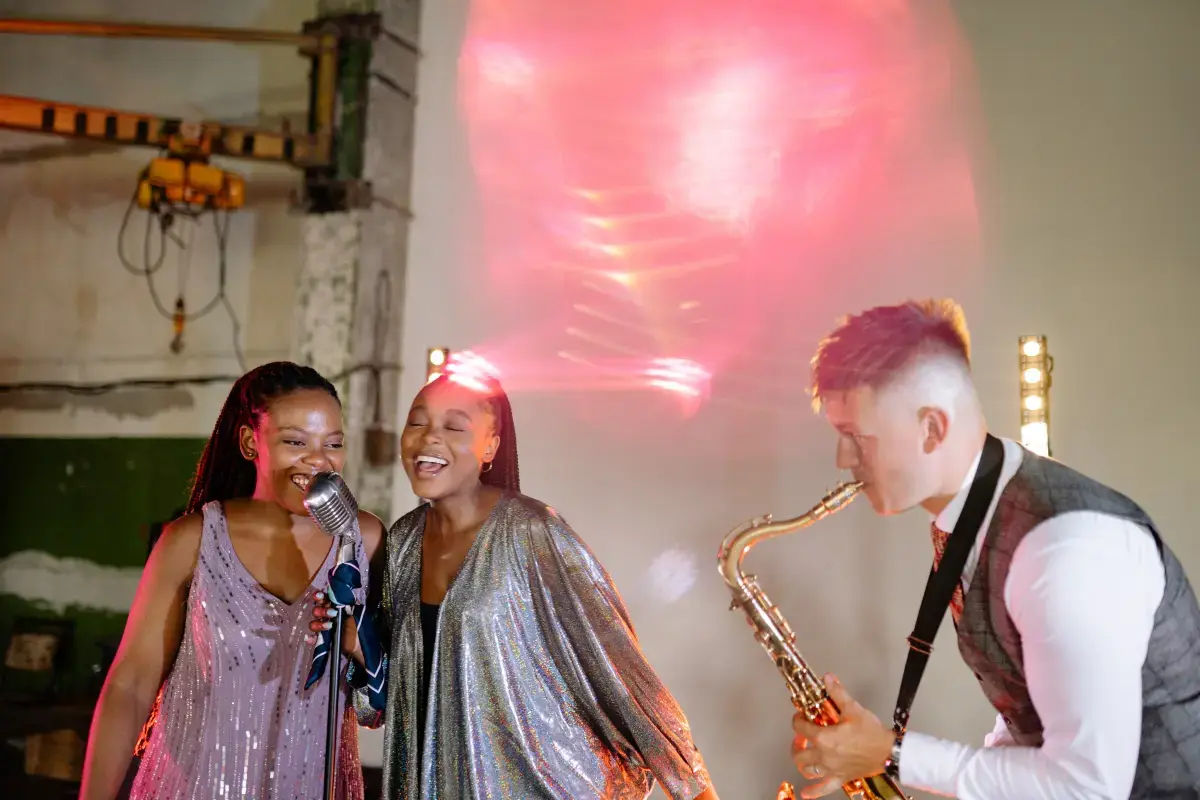
Are Cover Band roles in demand in 2026?
Cover Band experts are still in high demand in 2026. If you are an experienced Cover Band or looking to train and become one. The job market is looking strong for Cover Band jobs near me.